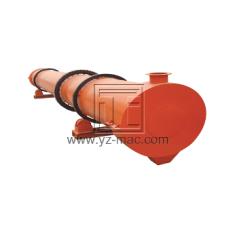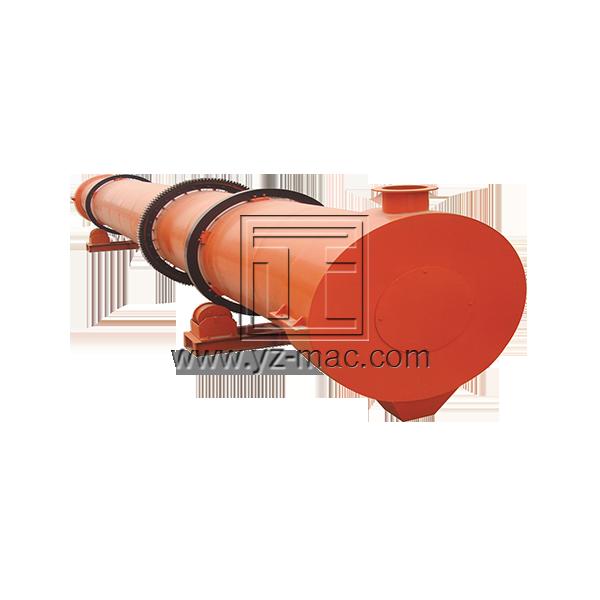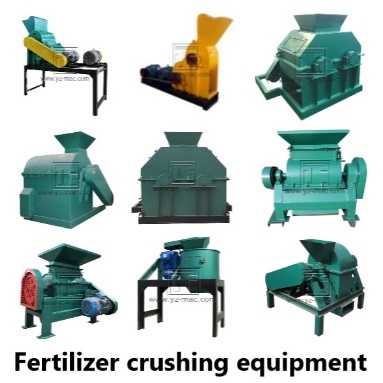Fertilizer granule making machine
A fertilizer granule making machine is a specialized equipment designed to transform fertilizer materials into uniform and compact granules. This machine plays a crucial role in the fertilizer production process, enabling efficient handling, storage, and application of fertilizers.
Benefits of a Fertilizer Granule Making Machine:
Enhanced Nutrient Efficiency: The granulation process converts raw fertilizer materials into granules with controlled release properties. This allows for a gradual release of nutrients into the soil, ensuring optimal nutrient uptake by plants. The uniformity and consistency of the granules help prevent nutrient loss and wastage, maximizing nutrient efficiency.
Improved Handling and Storage: Fertilizer granules are easier to handle and transport compared to raw materials. The granules have a reduced risk of segregation, dust formation, and nutrient loss during handling and storage. This facilitates efficient logistics and reduces the chances of nutrient imbalance in the final product.
Customizable Formulations: A fertilizer granule making machine offers flexibility in creating custom fertilizer formulations. By adjusting the composition of the raw materials and the granulation process parameters, it is possible to tailor the granules to specific crop and soil requirements, optimizing fertilizer effectiveness.
Controlled Release of Nutrients: Some fertilizer granulation processes allow for the incorporation of coatings or additives that control the release of nutrients. This enables gradual nutrient release over an extended period, matching the nutrient demands of the plants and minimizing nutrient leaching, thus promoting environmental sustainability.
Working Principle of a Fertilizer Granule Making Machine:
The working principle of a fertilizer granule making machine varies depending on the type of granulator used. However, most granulators utilize a combination of compression, agitation, and binding agents to transform raw materials into granules. The granulation process typically involves three main stages: pre-treatment, granulation, and post-treatment. Pre-treatment may include drying or conditioning the raw materials, while granulation involves compacting and shaping the materials into granules. Post-treatment may include cooling, screening, and coating to enhance the quality and desired properties of the granules.
Applications of Fertilizer Granule Making Machines:
Agriculture and Crop Production: Fertilizer granule making machines are widely used in agriculture and crop production. They enable the production of granular fertilizers with controlled-release properties, ensuring optimal nutrient availability for plant growth. The granules can be applied through traditional spreading methods or incorporated into precision agriculture systems.
Horticulture and Greenhouse Cultivation: Fertilizer granules find applications in horticulture and greenhouse cultivation. The uniformity and consistency of the granules facilitate precise nutrient delivery to plants, promoting healthy growth and improving crop yields. Granular fertilizers are particularly beneficial in controlled environment settings, where nutrient management is critical.
Landscape and Turf Management: Fertilizer granules are commonly used in landscape and turf management applications. They provide a convenient and efficient way to deliver nutrients to lawns, sports fields, golf courses, and ornamental gardens. The controlled-release nature of the granules ensures sustained nutrition for the plants, resulting in lush and healthy landscapes.
Specialty and Niche Markets: Fertilizer granule making machines cater to specialty and niche markets that require customized fertilizer formulations. This includes organic and eco-friendly fertilizers, specialized blends for specific crops, and fertilizers with specific nutrient ratios tailored to unique soil conditions.
A fertilizer granule making machine is a valuable asset in the fertilizer production process, offering numerous benefits such as enhanced nutrient efficiency, improved handling and storage, customizable formulations, and controlled release of nutrients. By converting raw materials into uniform and compact granules, these machines contribute to efficient fertilizer application, reduced nutrient loss, and improved crop yields.







